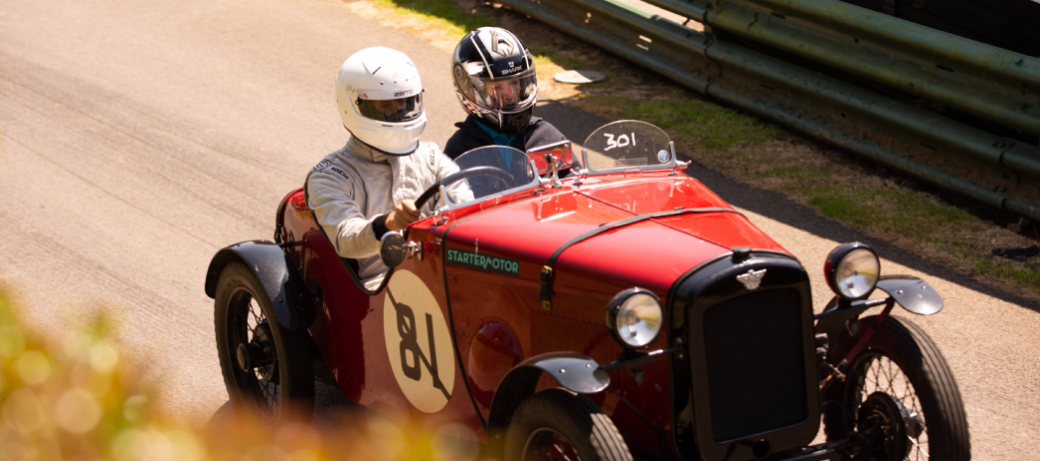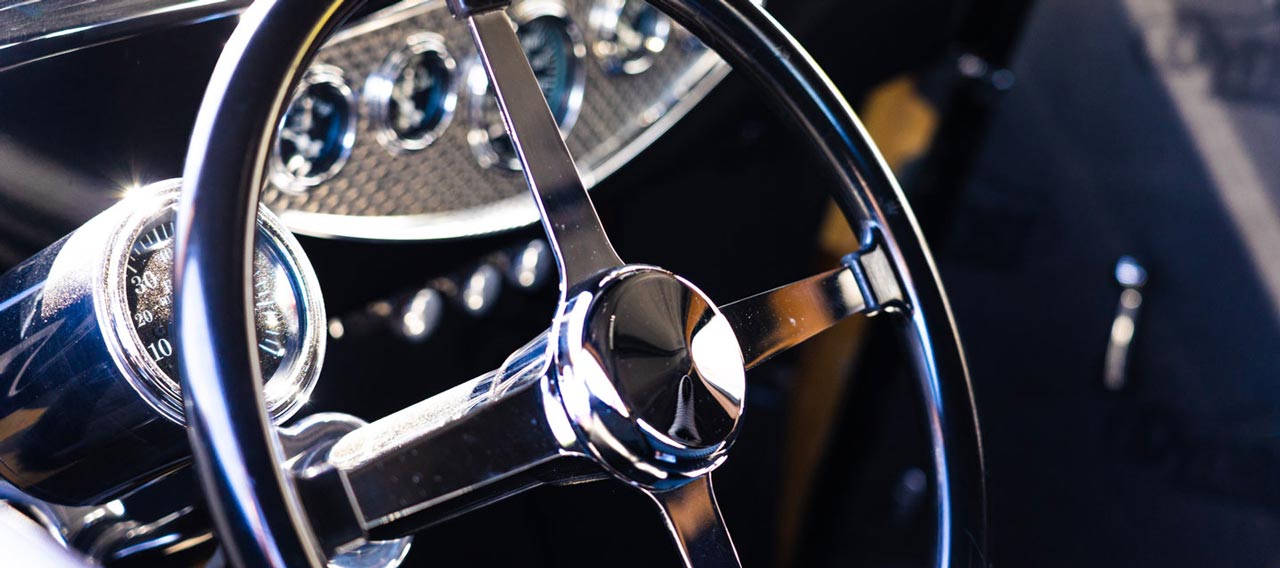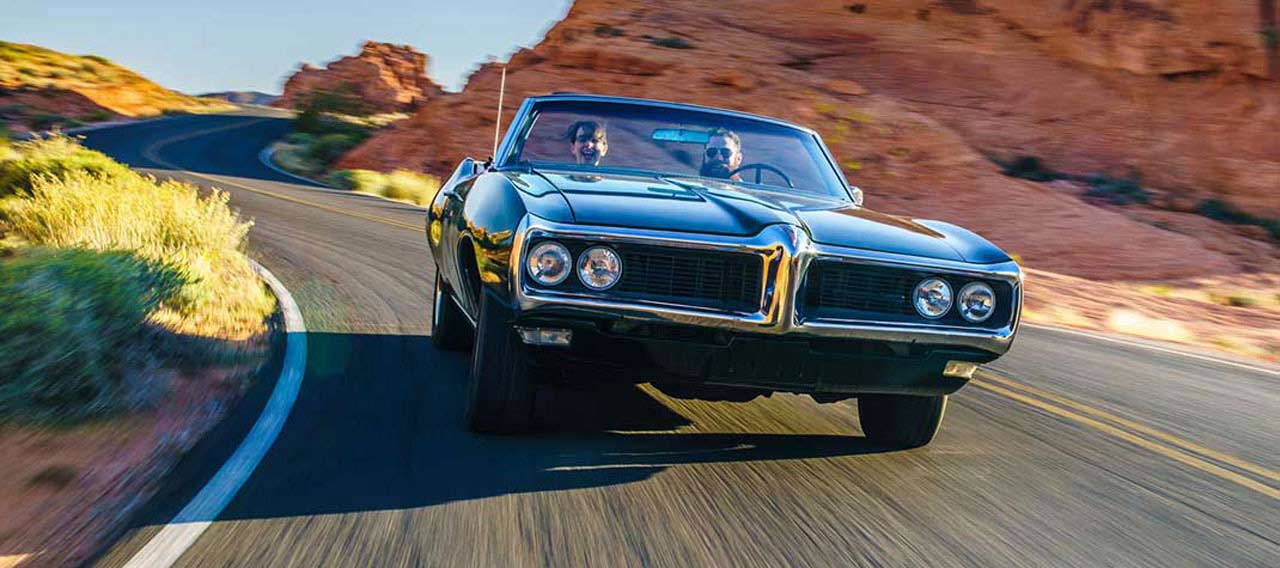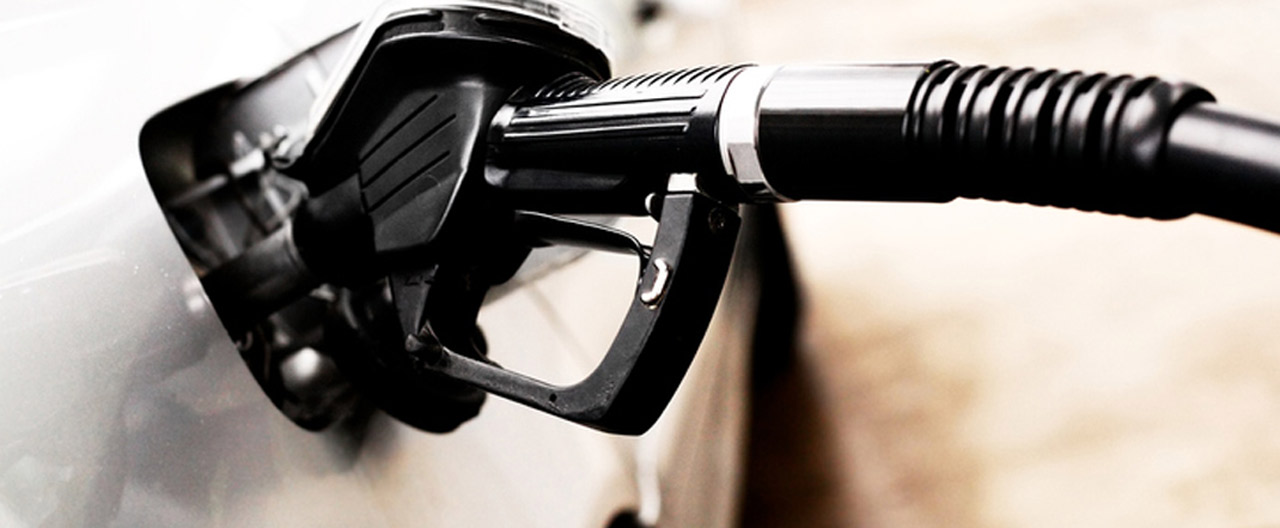- Businesses
- Individuals & Families
- Partnerships
- Brokers
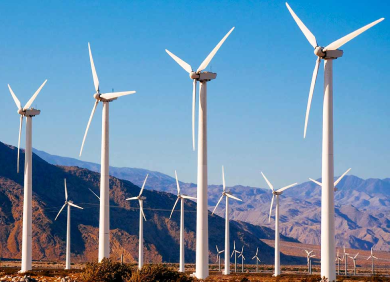
Chubb Climate+ spans major industries, with a goal of enabling climate change progress in a meaningful way.


All Chubb policyholders are eligible for cyber services. Get the most value from your Chubb policy and schedule a consultation today.

In a complex world, Chubb’s support for multinationals and their brokers when choosing the right cover has never been more valuable.
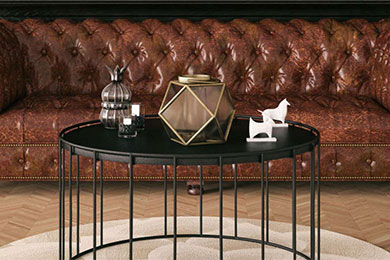
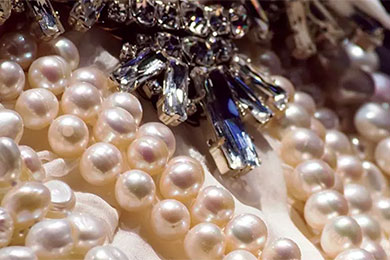
As one of the world's largest providers of jewellery and fine art insurance, you can count on our unparalleled service and expertise, offering some of the broadest protection available.
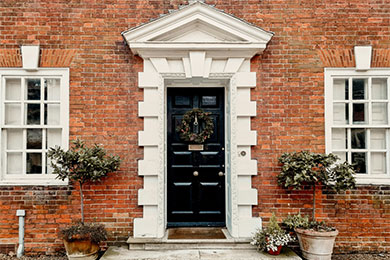
As pioneers of using in-house appraisers to help clients establish the value of their property, and mitigate the risk of loss, our appraisal service is a key reason why owners of fine homes and high value possessions around the world choose Chubb

Build your business by providing the protection your customers need – it’s insurance for the new possible.

The seamless, secure, and scalable engine behind new possibilities for your company and customers.

-
About
About UsWho We AreFinancial & Regulation
- Claims
-
FCA Regulation
-
Contact
Chubb CareersComplaints
-
BackSuggested Searches
Since 1 September 2021, the UK government has made E10 fuel available throughout the country. E10 is considered more environmentally friendly and is intended to reduce the reliance on E5 Super Unleaded. While cars made in the UK after 2011 are E10 safe, there are some concerns about the effects of introducing E10 into older, classic cars.
In this article we’ll explore what E10 is and how it might affect your classic car. Then we’ll look at some of the options available for classic motor owners.
What is E10 fuel?
E10 fuel contains 10% ethanol. Ethanol is seen by some as more environmentally friendly than petrol as it is made predominantly from plants. These plants have absorbed carbon dioxide from the atmosphere before being turned into ethanol, thereby offsetting the impact of the carbon dioxide released into the atmosphere when it is used (for example in a car).
It is estimated that if E10 fuel is adopted unilaterally across the UK, emissions will be reduced by up to 750,000 tonnes of carbon dioxide. This is the equivalent of taking 350,000 cars off the road.
What happens when you use E10 in a classic car?
There are a few possible issues that will result if you use E10 fuel in an older vehicle, such as a classic car. It’s important to note that according to the RAC, E10 fuel is unlikely to break your car in the same way as using diesel in a petrol car would. The car will still run, but it may cause damage to your car in the long-term. It’s therefore wise to avoid using it, opting instead for Super Unleaded E5 fuel.
If you do accidentally top up with E10, the RAC’s advice is that you should top up with more appropriate fuel as soon as possible once you have used a third to a half of the tank.
The following are the long-term issues to look out for if you have accidentally topped up your classic car with E10:
- Damaged seals, plastics and metals owing to ethanol’s corrosive qualities
- Condensation in the fuel tank, owing to ethanol’s hygroscopic properties. This can cause problems related to starting the engine, accelerating, and stalling.
What are my options as a classic car owner?
First of all, you should check to see if your vehicle is compatible with E10 fuel by using the UK government’s online checker tool.
If it’s not, your options are as follows:
- Top up using E5 Super Unleaded. Note that this will now be less widely available, and prices may vary quite widely by filling station.
- Upgrade your car to be E10 compatible. This will involve replacing the parts that are most at risk of damage due to ethanol contamination, such as the fuel lines. Depending on your average mileage, this could even work out cheaper in the long run than using the now more expensive E5 Super Unleaded petrol. This might also be more convenient, particularly if you live in a remote area and you need to drive to a filling station that is further afield.
Whichever choice you make, insure your classic car with the specialist insurer voted first for quality of claims by The Insurance Times UK broker survey 2019-20. Find out more about Chubb’s classic and specialist car insurance today.
For more information on Chubb in the UK click here.
All content in this material is for general information purposes only. It does not constitute personal advice or a recommendation to any individual or business of any product or service. Please refer to the policy documentation issued for full terms and conditions of coverage.
Insights and expertise
